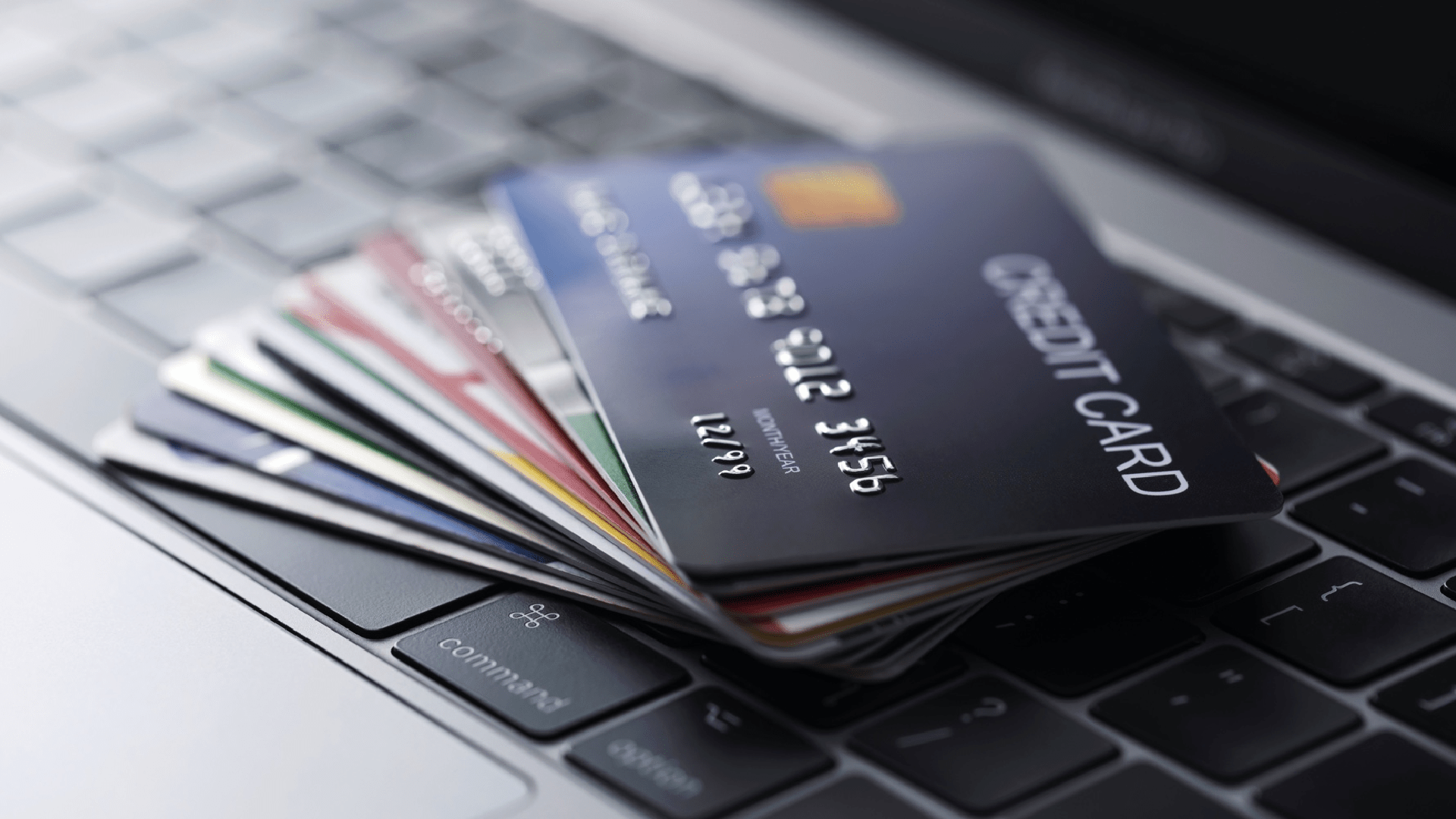
With Missouri expected to join the sports betting scene at some point next year, and unless other states authorize and initiate online sports betting in 2025, around 30 states along with Washington, DC will provide genuine mobile betting that doesn't necessitate a trip to a physical casino.
Nevada is “the culprit” in that regard, but the truth is that between eight and nine out of every 10 sports bets in the US are made through a computer or mobile device, as bettors appreciate the ease it offers. They must, however, be cautious about using credit cards to fund their accounts.
A recent report from the Consumer Financial Protection Bureau (CFPB) shows that sportsbook operators permitting mobile account deposits through credit cards, which includes a majority of the industry, categorize those transactions as cash advances rather than standard charges. This indicates that gamblers might inadvertently face higher charges compared to if they funded their accounts using cash in person or debit cards tied to their checking accounts.
Additionally, it's challenging to evade those cash advance charges. The CFPB observed that among the seven biggest credit card issuers in the US, each included conditions in their cardholder agreements regarding the classification of legal gambling services as cash advances.
Credit Card Charges Another Fee
It's not a novel concept that credit card companies are categorizing gaming expenses as cash advances. That policy has existed for years, but the CFPB is highlighting it now during a period of rapid expansion in the US sports betting market.
One perspective on cash advance fees is to view them as an additional vig. In a typical -110 sports bet, the gambler is putting up $110 to potentially gain $100, with the $10 difference serving as the vig or merely a convenience fee imposed by gambling firms. Add the cash advance fees, and wagering gets pricier.
"Cash advance fees often have a minimum charge of $10, making smaller cash advances particularly costly,” according to the CFPB. “This means that someone wagering $20 could face the same $10 fee as on a $200 cash advance ATM withdrawal. The most common cash advance APR in reviewed agreements is 30 percent which is charged even if the cardholder would typically not incur interest on regular purchases.”
Another factor to think about: cash advances and their associated fees are not included in cash back, miles, points, or any other rewards provided by card companies.
Sports Wagering Leading to Increased Cash Advances
Regardless of the issues mentioned earlier, it seems that numerous sports gamblers are replenishing their mobile accounts using credit cards.
The CFPB examined data from two states — Iowa and Kansas — highlighting that following the legalization of sports betting in those areas, there was an increase in cash advance transactions.
“Through the CFPB’s limited analysis of two case studies where the timing of legalizing sports betting lined up with the frequency of our data from major issuers, the percentage of credit card accounts with a cash advance fee spiked in the first month people could legally bet,” added the bureau.
Check Out This Bonus

Juicy Stakes
- Around-the-clock live support
- Safe environment
- Impressive collection of games
The min. deposit amount is £25. Max. cashout from the free spins is USD 250. Terms and Conditions apply. The free spin winnings come with a 30x rollover.
